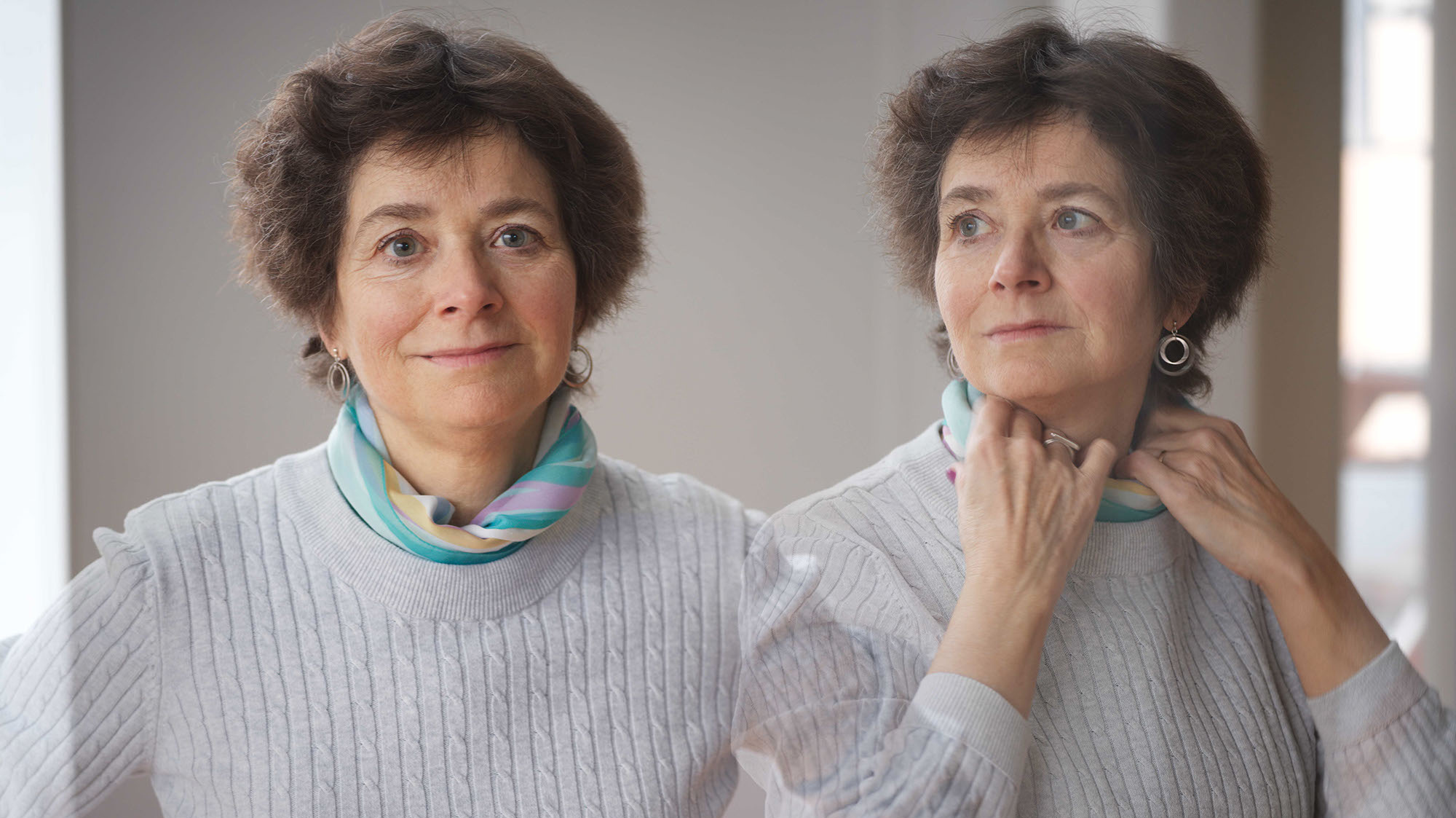Carina Sild Lönnroth

Carina Sild Lönnroth - operations manager at the Nightingale's mentoring program, Malmö University.
"The door of change opens from within"
- Malmö is a nice city, but it is also a segregated one. But with education, we can break some of the social exclusion that exists. Children's abilities are not about aptitude but about attitudes. We inherit not only our eye colour but also our parents' educational background. So we need more positive role models for children. There is a fairness factor in that. In Sweden, all education is free, but if you grow up in an environment of unemployment, without a tradition of higher education and with cramped living conditions that make it difficult to study at home, you have lower odds of success. We have to make sure that more people get the opportunity.
- The Nightingale started in October 1997 and since the start 4,000 children and students have met through the Nightingale Mentoring Programme. From Malmö, we have spread it to 24 locations in Europe and Africa. The concept is actually quite simple: Children between the ages of eight and twelve apply for a mentor, then they are matched with a student at Malmö University whom they meet with once a week for eight months.
- The mentors can give an insight into what it is like to study at a higher level. They can show that it’s possible. The children are allowed to do things they may not have done before, such as going to a museum, or theatre, or going to Ribersborg. They have fun together! In interviews with former mentees, several pointed out that they had a meaningful leisure time and in some cases it was life-changing.
- Both the students and children are changed and affected. It’s an educational journey for the student, who gets an insight into different upbringings. It creates understanding and gives a wide-angle perspective. They get a civics education. Our mentors become competent adults and in that way we help create good leaders for the future. These are things you can’t learn in a classroom.
- The Nightingale is based on the United Nations Convention on the Rights of the Child. One girl said that her mentor asked "What do you think?". She had never been asked that question before, which is done when you’re respected for who you are. Many tell of how, thanks to the Nightingale, they were inspired and pushed forward to do things they would never have done otherwise. Every year, we have students apply to become mentors who themselves were part of the Nightingale as children.
Sidan senast uppdaterad: